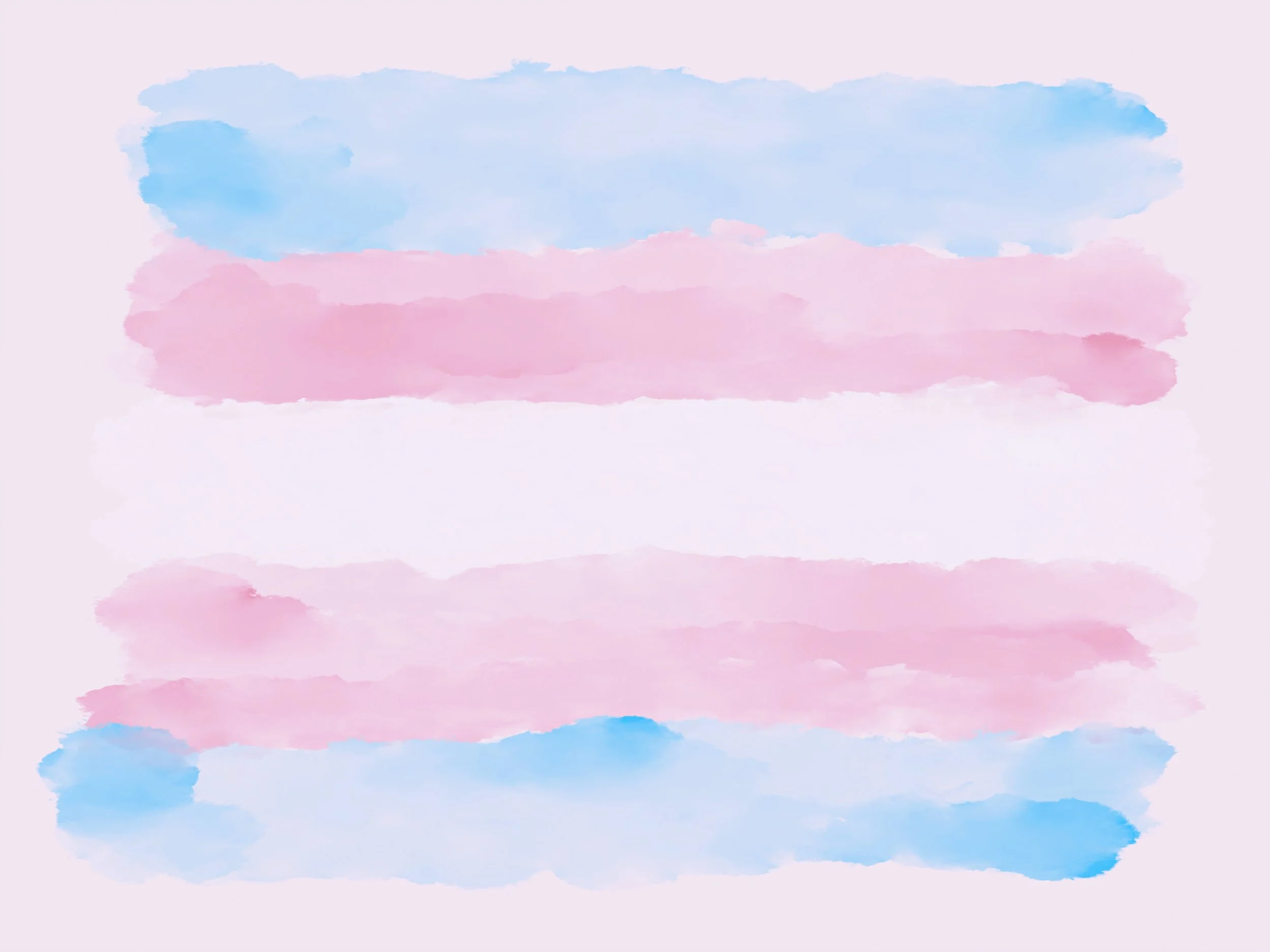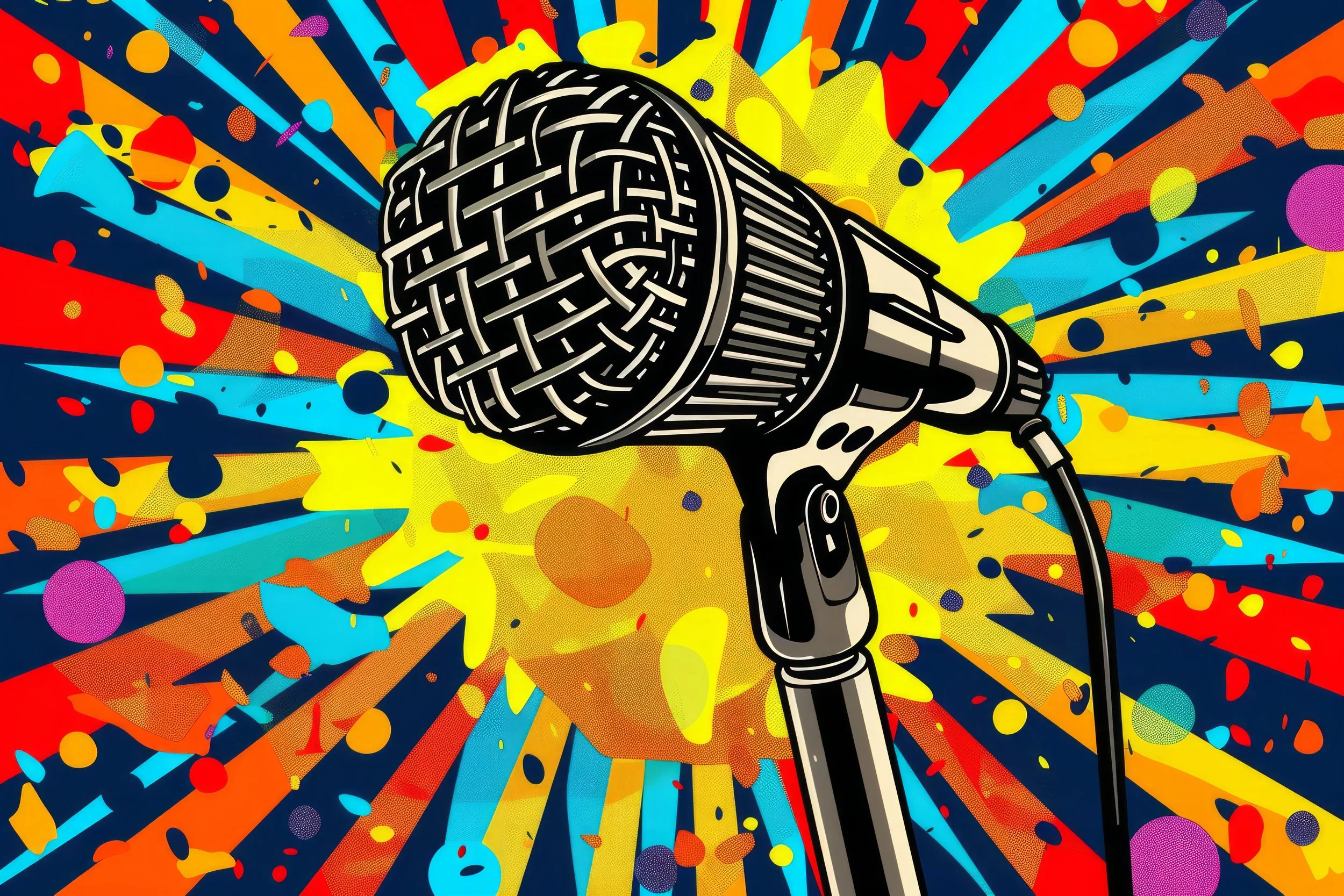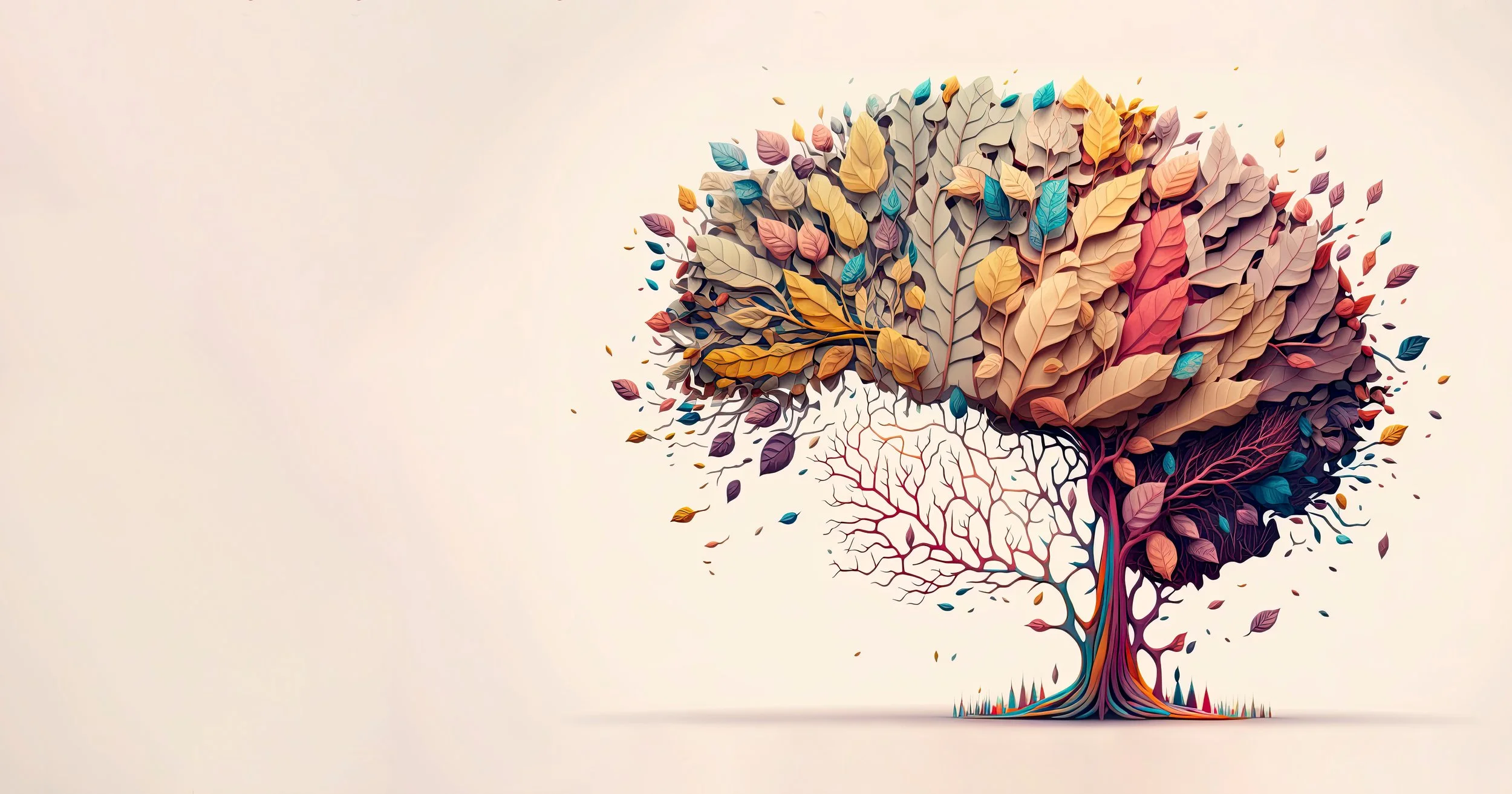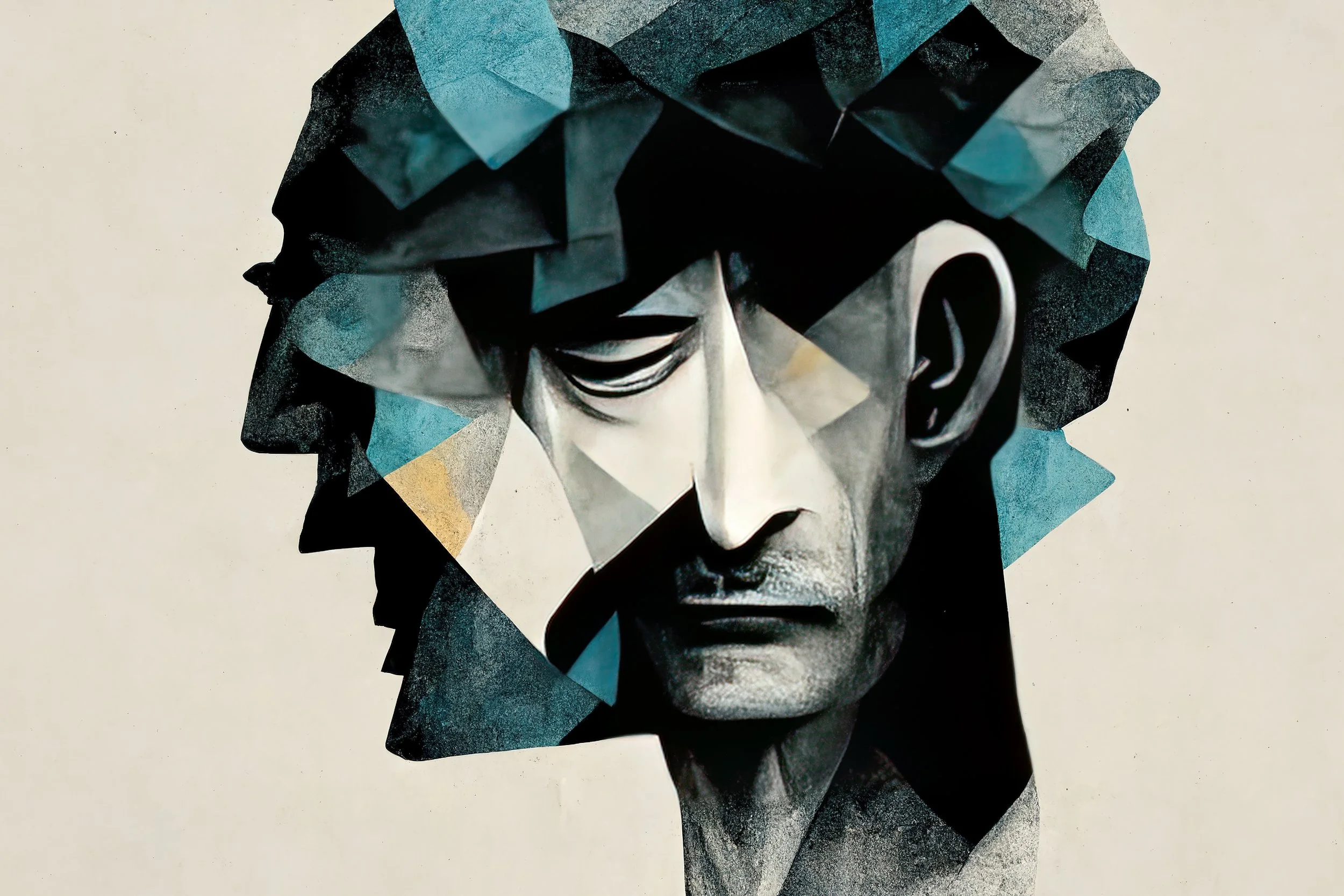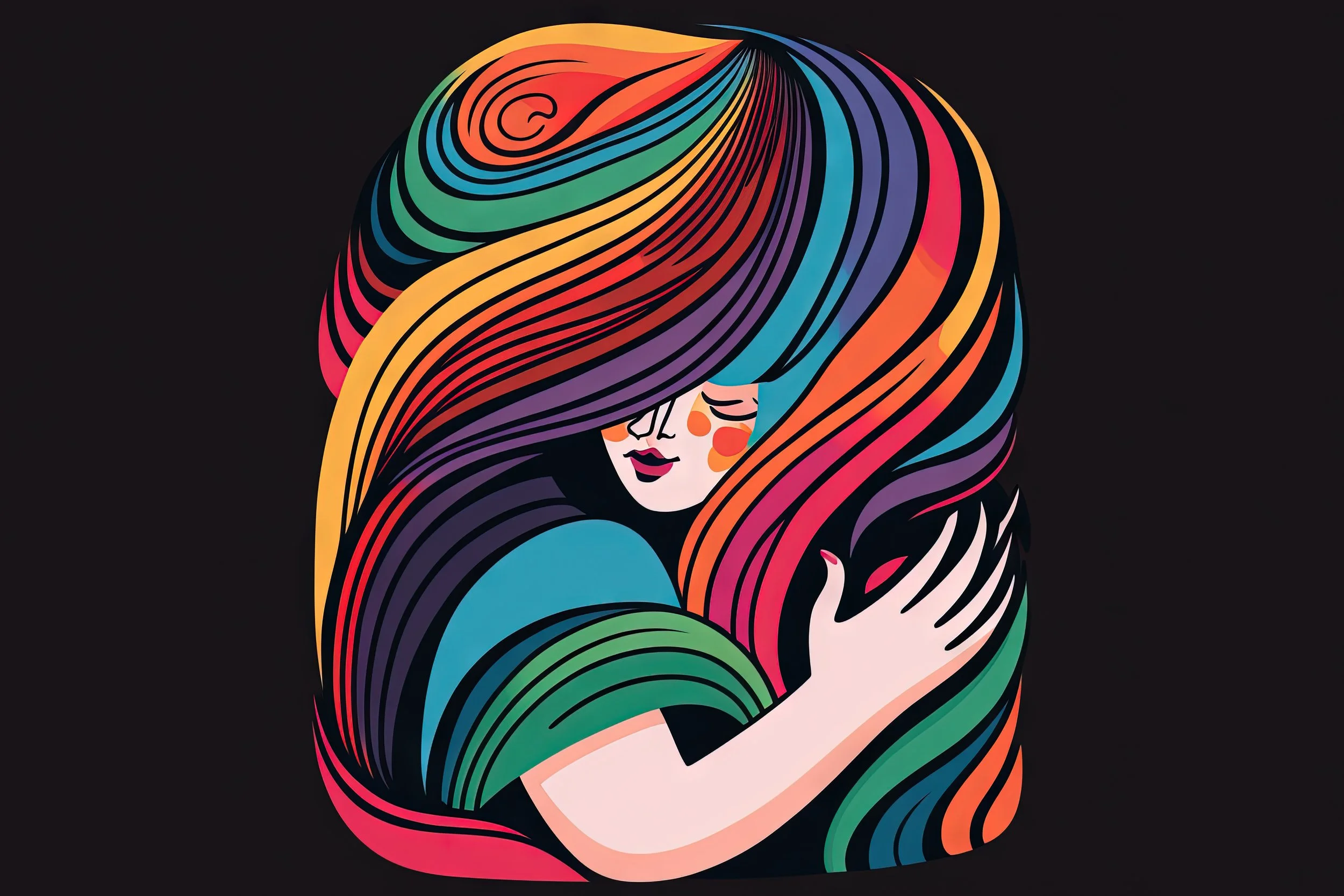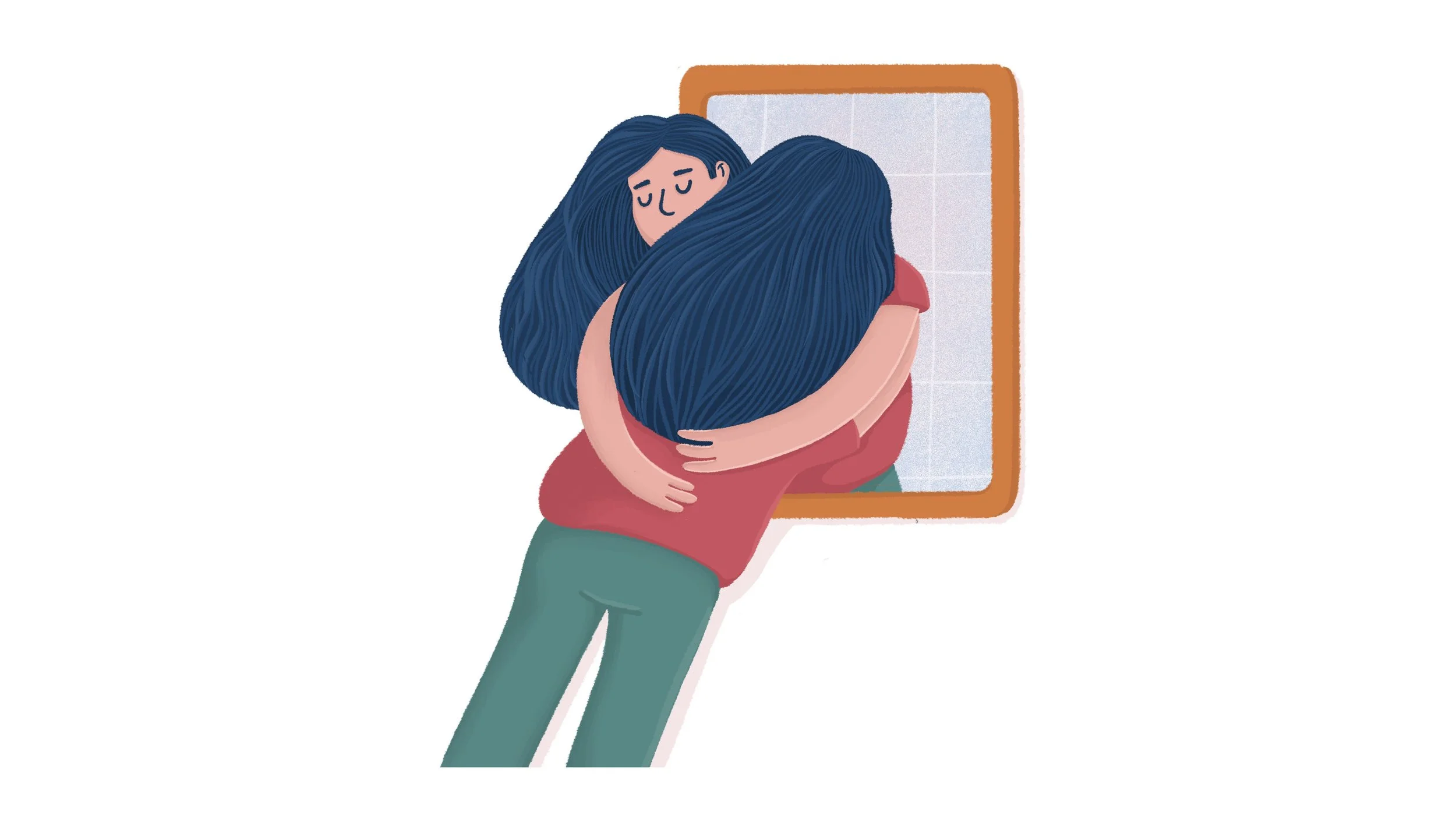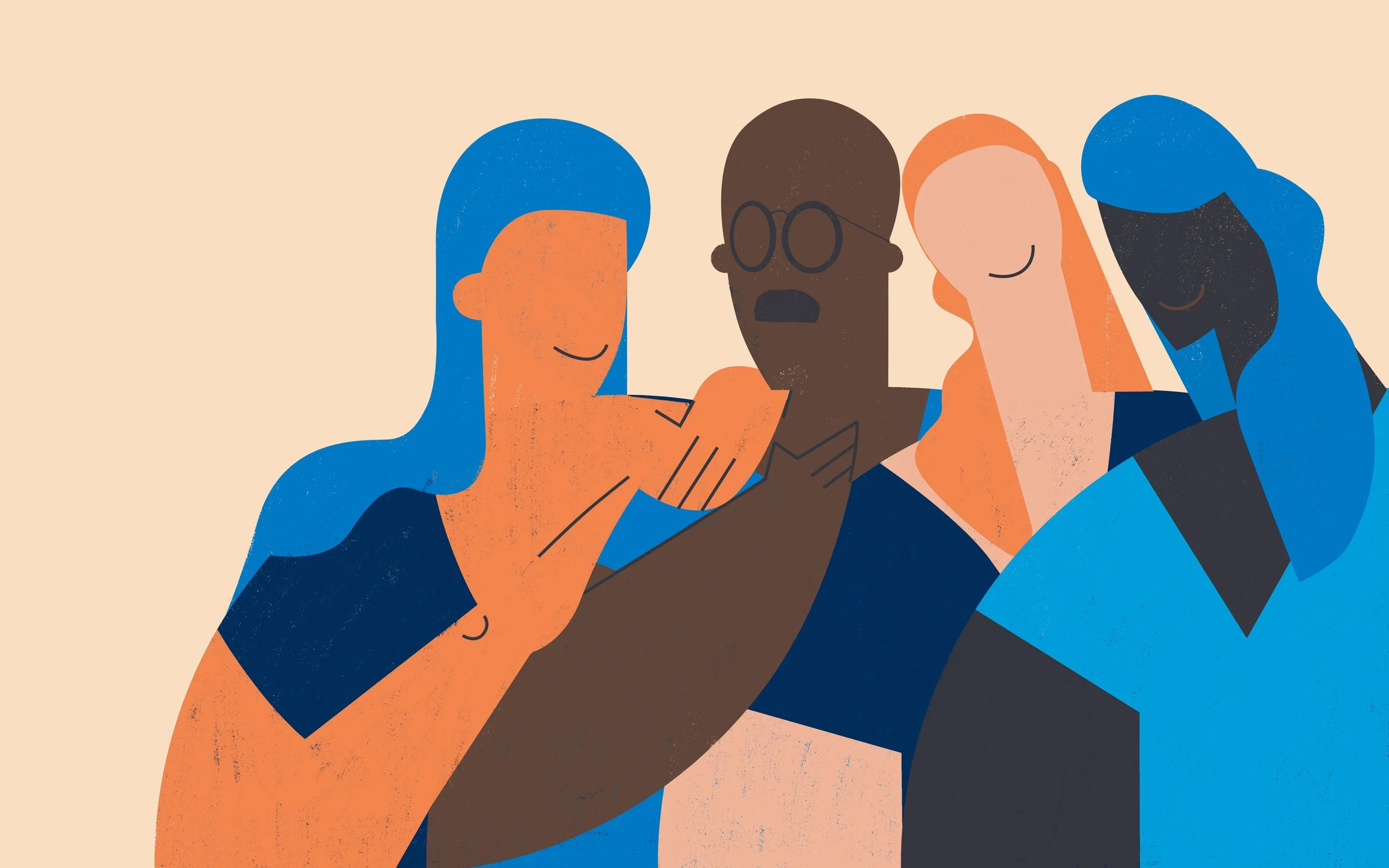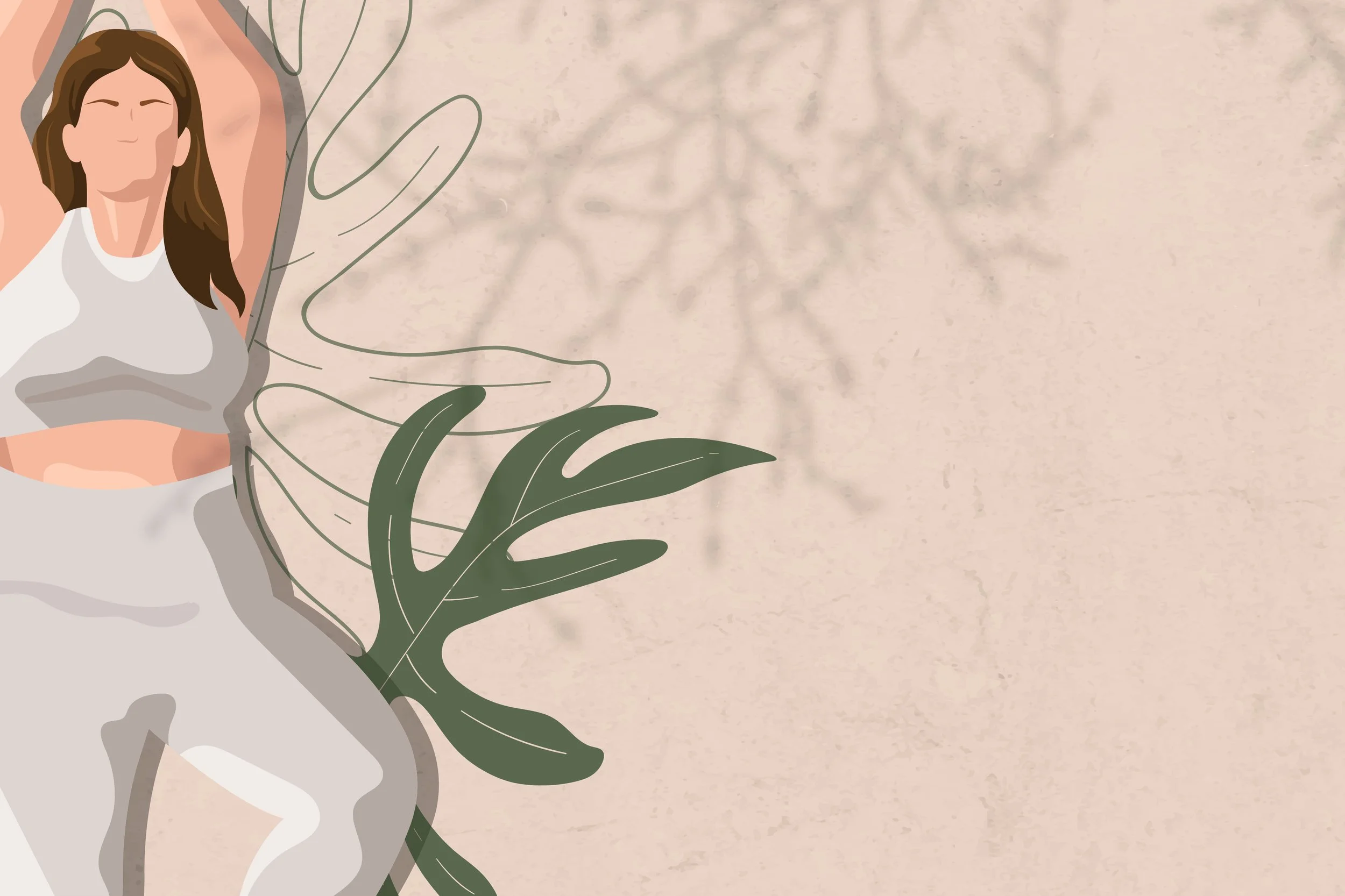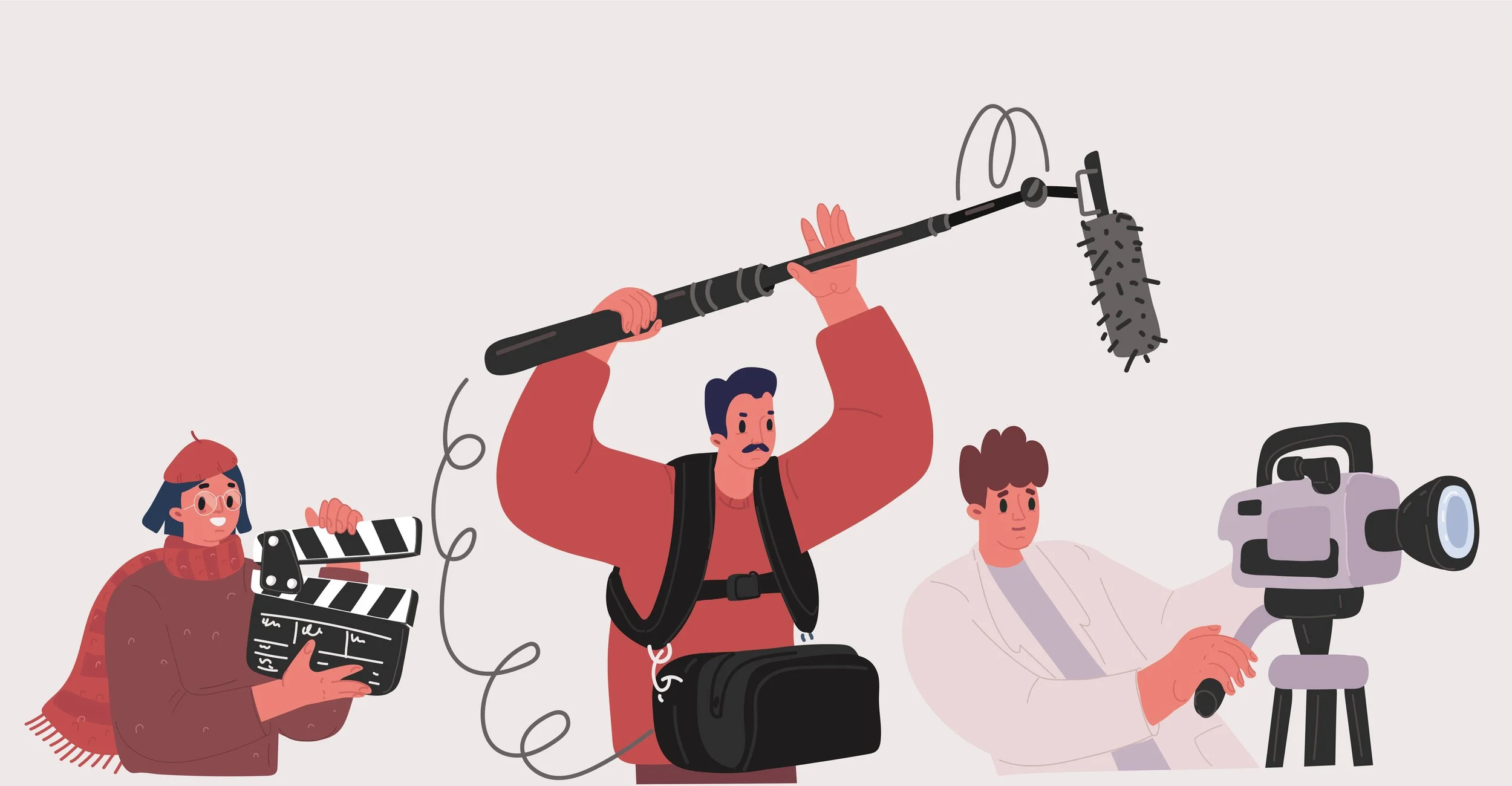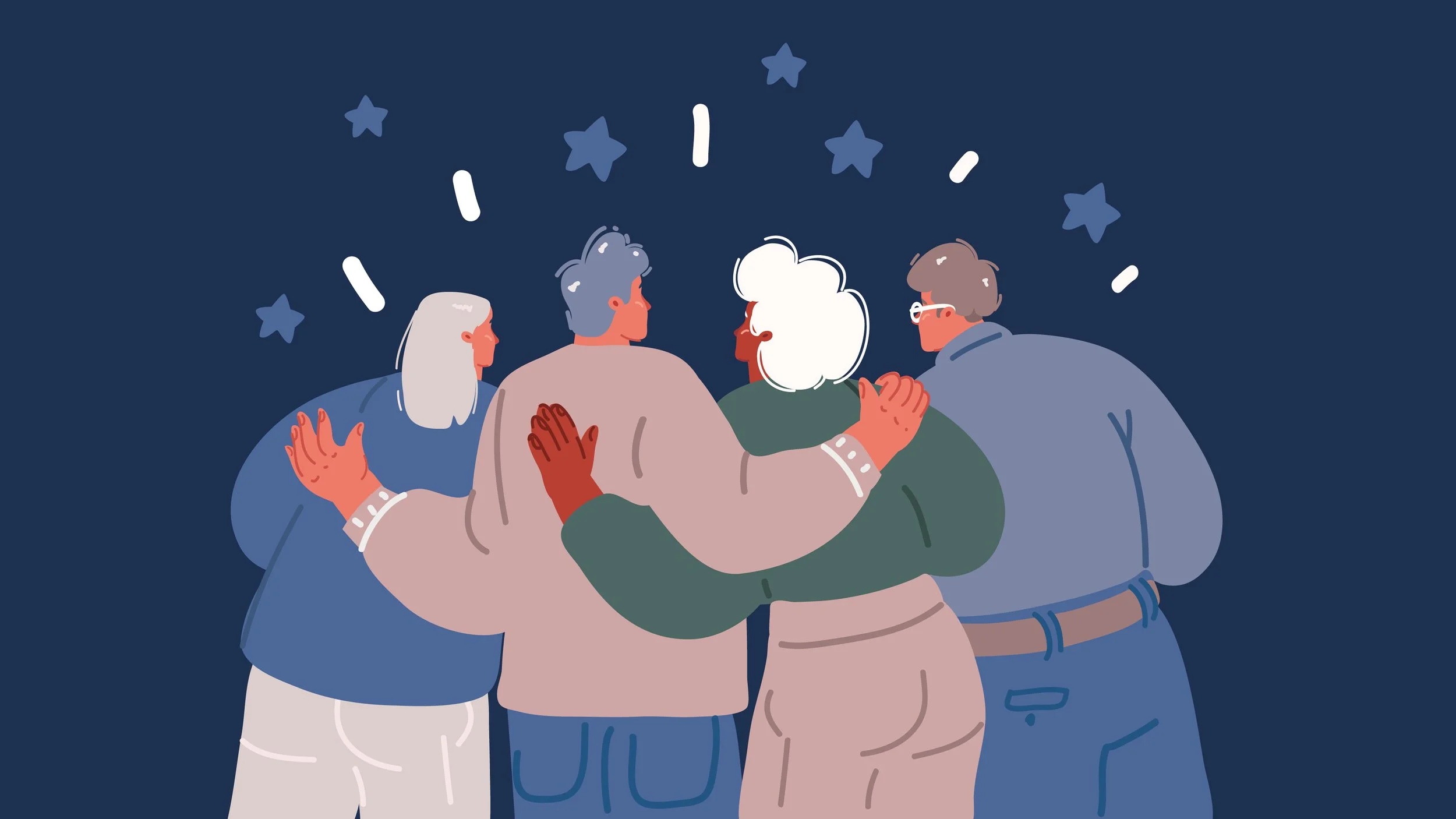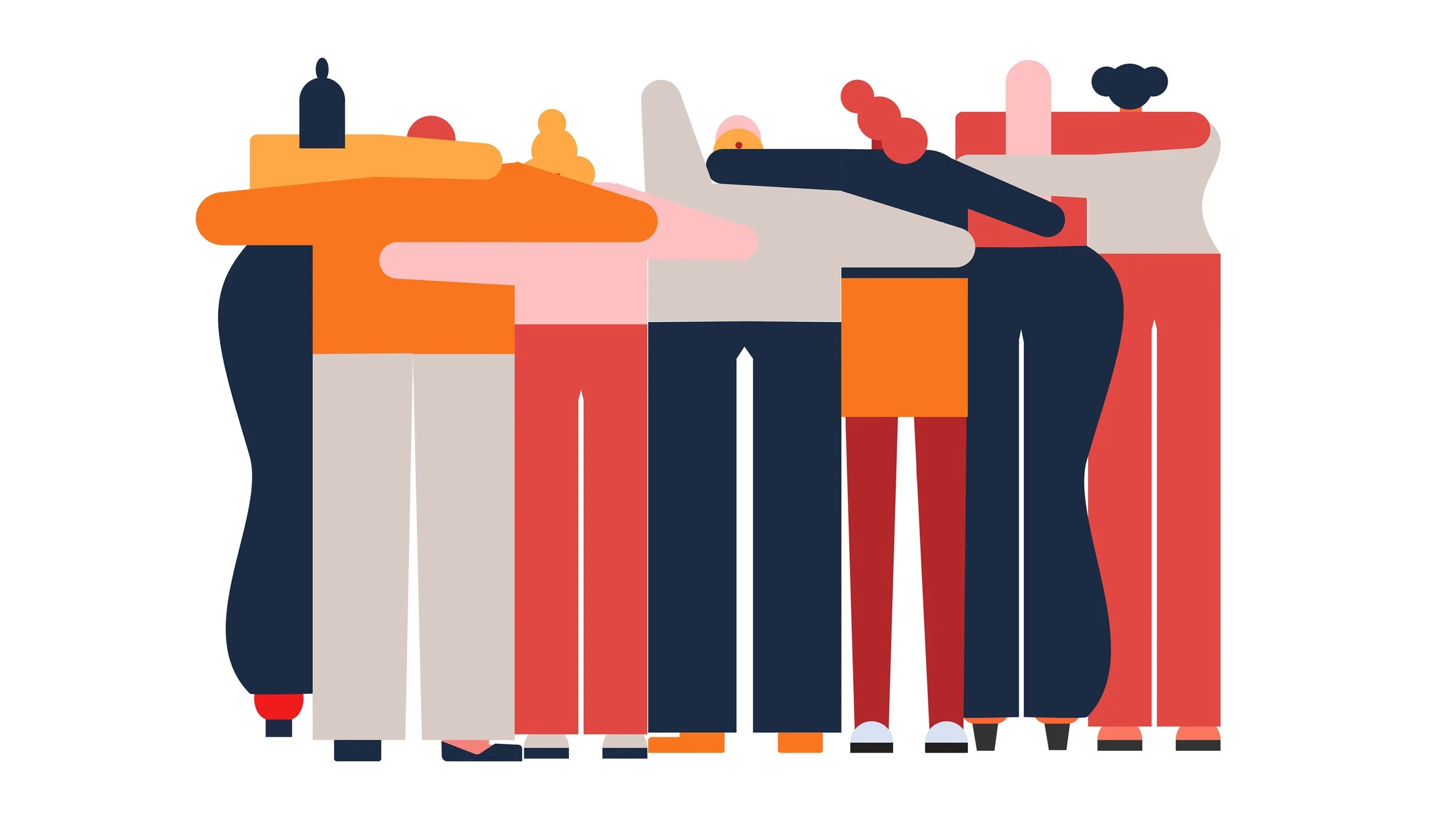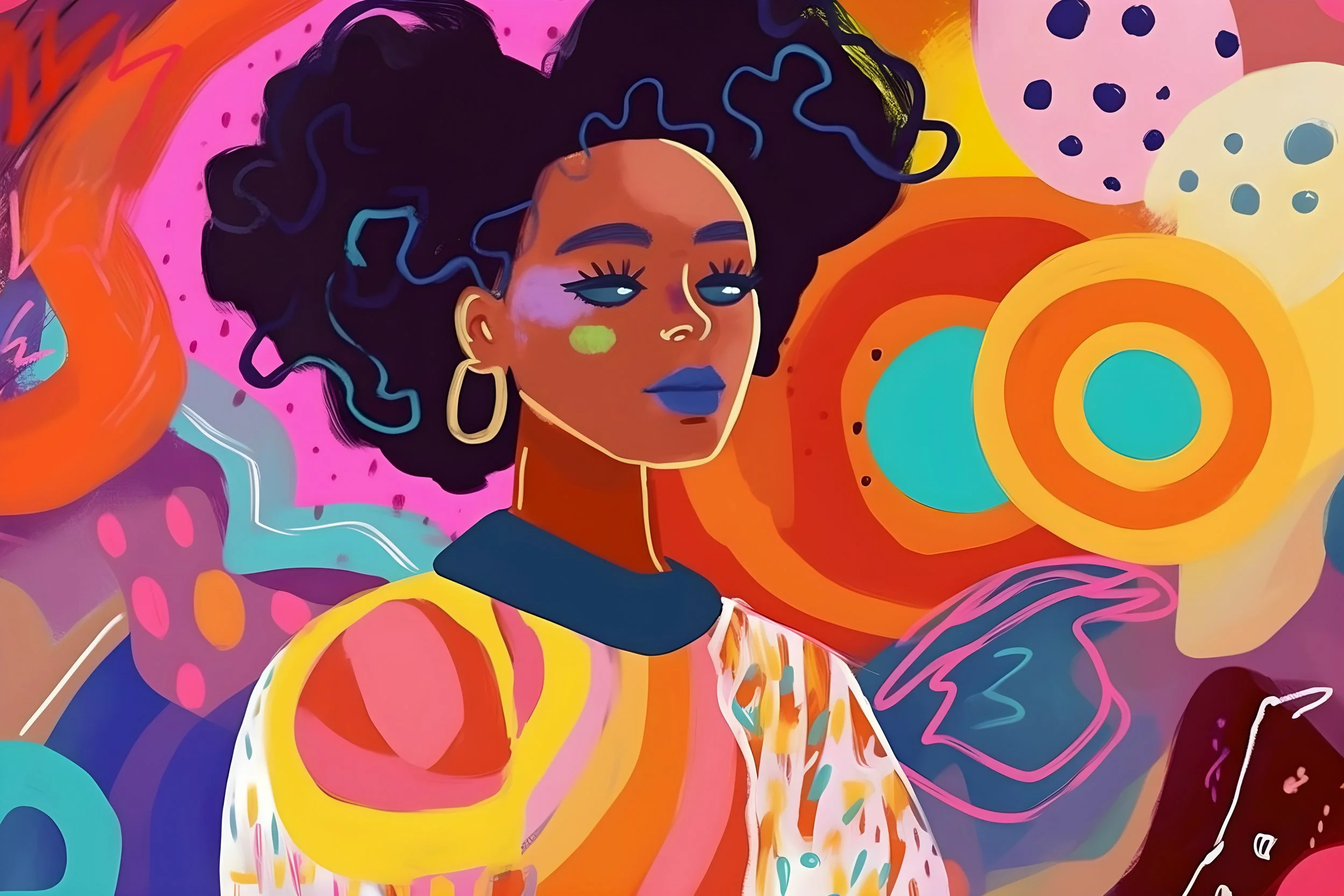Body Liberation as Queer Liberation
For as long as any group of people is subjugated, Scout Silverstein doesn’t believe we can genuinely celebrate Pride. In their blog, Scout dives into gender identity, rainbow capitalism, body liberation, and queer liberation.
Binge Eating Disorder Isn’t About Willpower. Here’s What It Is About.
People with Binge Eating Disorder might be used to hearing that binges — a symptom of their eating disorder — are the result of a lack of willpower. Not only is BED not an issue of willpower, but it’s a complex neurobiological mental illness, just like all eating disorders. The physiological, psychological, and emotional components of the disease are powerful and can’t be overlooked. Here’s what everyone should know about binge eating disorder.
We Exist: Latinas in Eating Disorder Recovery
Priscilla María Gutiérrez didn’t see herself in the tenth grade health class video that introduced her to eating disorders, or in the treatment center years later after she’d developed one. Today, she has become the advocate that a younger version of herself needed to see in the media.
20 Body Neutrality Affirmations for Disordered Eating Healing
Body neutrality affirmations help you continually shift your inner dialogue and language while you work through healing. Here are some affirmations to start with.
Why Dani’s Garden Exists: Disordered Eating Treatment for Everyone
After struggling with anorexia and experiencing amenorrhea, Dr. Nicole’ Felton was thrilled when she learned that she was pregnant with triplets. But excitement turned to heartbreak when Dr. Nicole’ and her husband lost a triplet in utero and then watched their two remaining triplets, micro preemies born at 26 weeks, struggle to process and break down food.
Life Can Be About So Much More Than Your Eating Disorder
For so long, Lily Pierce’s life revolved solely around her eating disorder. But, eventually, people in her life intervened. Now, Lily is an artist; she is not her eating disorder.
Resilient Roots: Navigating Intersectional Eating Disorder Care and Latinidad
While in treatment, Victoria Almazán gathered the importance of things such as eating three meals a day and challenging disordered thoughts. But, she did not fully embrace recovery until she viewed treatment through an intersectional lens and reclaimed her Latinidad.
The Undeniable Connection Between Eating Disorders and Trauma
Eating disorders and trauma are closely related—one often follows the other as humans work to cope with pain. Here’s what you need to know about the two and how they function together.
How to Ground Your Self-Worth Amid Heartbreak and Healing
Hannah Lazerowitz realized that often her relationships with food and romance were entangled. Because she couldn’t control how men felt about her, she’d again start to regulate her food intake when feelings of inadequacy arose. But just as she’d needed to learn how to heal from anorexia, she now needed to learn how to heal from heartbreak.
The Power of Doing the Next Right Thing
From accepting that she needed treatment for her eating disorder to taking a bite of her meal, Catherine Comes has used the idea of doing the next right thing to make both big and small decisions.
A Guide to Body Checking: What It Is and How to Ditch It
Body checking is more than just a buzzy phrase—it’s a dangerous habit that you may not even realize you’re doing. Find out what it is and how to ditch it.
Connection Is At the Root of Healing
One of River Chew’s core beliefs about recovery is that healing happens in relationships. By connecting with others and building relationships, River believes we start to gather evidence that it can be safe to trust others. Slowly but surely, we can forge a sense of safety in our lives, so that we no longer need to use food, eating, and exercise to try and feel safe or in control.
Disordered Eating vs Eating Disorder: How to Differentiate the Two
It can be hard to know the differences that dictate disordered eating vs eating disorder. While there are some similarities, the two have clear differences that are important to understand.
A Movement Reclamation
After many years lost to a disordered relationship with exercise, Ally Rae Pesta found peace on a yoga mat. Now, a yoga teacher, run coach, and recovery coach, Ally helps others ground themselves in five key principles to reclaim their relationship with movement.
The SWAG Stereotype is Harmful: Eating Disorders Do Not Discriminate
When this week’s blog author was struggling with an eating disorder, they didn’t see themself depicted in news stories and movies about other people who were similarly struggling. But as they realize now, their identities don’t fall within the (harmful) SWAG stereotype — skinny, white, affluent girl — that dominates the narrative.
10 Eating Disorder Books to Support Your Healing Journey
If you’re looking to add some eating disorder books to your queue, here are the ones that came highly recommended by your peers.
Safety is the Foundation, Not Self-Love: Childhood Trauma Is a Risk Factor for Developing Poor Body Image
As Lexie Manion knows well, you can’t self-love your way out of childhood trauma and its lasting effects (like eating disorders). Physical and emotional safety must come first.
Should I Delete Social Media? A Case for Your Mental Health
While we love a good TikTok or viral trend, we’re also exhausted. This is especially true for those of us suffering from disordered eating or eating or body image disorders. So, should you delete social media?
Figuring Out My Role in the Body Liberation Movement as a Straight-Sized Cisgender White Woman
With 10+ years of recovery – and 8 years of “loud recovery” – under her belt, Project HEAL Volunteer Blog Manager, Tara Criscuolo, speaks a lot differently about eating disorders, food, movement, and bodies than she used to.
Boundaries in Healing: Choosing Me Over We
Growing up in a mixed-ethnicity household brought intertwined racist and fatphobic experiences that many of Elizabeth Starbuck’s peers didn’t have to face. Then, when she began dating, the theme of body shame continued as her partner struggled with his relationship with his own body.
SUBMIT A GUEST BLOG
Project HEAL would love to share any and all stories that are aligned with our mission, vision and/or values. If you have struggled with an eating disorder, have experienced and/or overcome barriers to accessing treatment, or are an ED provider and/or recovery advocate — we want to hear from you!
We are especially interested in sharing stories from voices often excluded from and/or underrepresented in the eating disorder recovery community. Submitting a blog proposal does not necessarily guarantee publishing — we reserve the right to respond with proposed edits (for your approval) or pass on publishing your proposed content.
Thank you in advance for wanting to share your story with us and our community!


